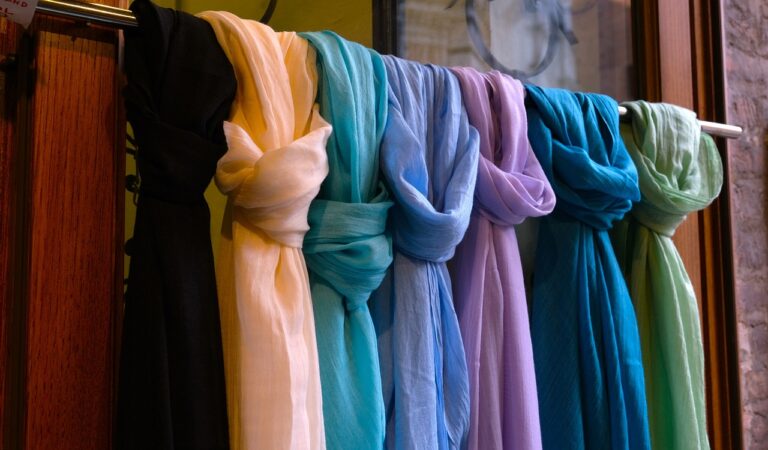The Evolution of Fashion Week: From Exclusive Events to Digital Experiences
Fashion Week emerged as a pivotal event in the fashion industry during the early 20th century, showcasing the latest trends in clothing and setting the stage for future sartorial developments. The concept of Fashion Week originated in Paris, where designers and fashion houses began to organize seasonal shows to present their new collections to buyers, press, and elite clientele.
The inaugural Fashion Week in Paris took place in 1943, organized by the Chambre Syndicale de la Haute Couture. Despite the challenges posed by World War II, the event served as a platform for designers to exhibit their creativity and innovation in the realm of high fashion. Over time, Fashion Week expanded beyond Paris and became a global phenomenon, with cities like New York, Milan, and London hosting their own fashion weeks to showcase local talent and establish their presence in the fashion world.
The Rise of Fashion Week as a Global Phenomenon
Fashion Week has grown from exclusive events hosted in fashion capitals like Paris, Milan, and New York to becoming a global phenomenon. The rise of social media and digital technologies has played a pivotal role in this transformation, allowing designers to showcase their collections to a worldwide audience in real-time. With live streams, behind-the-scenes glimpses, and interactive experiences, Fashion Week has evolved into a truly global spectacle that transcends geographical boundaries.
As Fashion Week continues to expand its reach, it has become a platform not just for established luxury brands but also for emerging designers from diverse backgrounds. This inclusivity has brought a new vitality to the fashion industry, with fresh voices and perspectives shaping the landscape of style and creativity. The democratization of Fashion Week has empowered designers to connect directly with consumers, fostering a sense of community and engagement that extends far beyond the traditional runway shows.
Fashion Week Goes Digital: The Shift to Online Platforms
In response to the challenges posed by the global pandemic, the fashion industry made a significant shift towards digital platforms for hosting Fashion Weeks. These online events not only provided a virtual space for designers to showcase their collections but also allowed a wider audience to participate in the sartorial spectacle from the comfort of their own homes. The accessibility of live streams and digital presentations has democratized the once-exclusive world of high fashion, breaking down barriers and inviting fashion enthusiasts from around the world to engage with the latest trends and designs.
Moreover, the transition to online platforms has revolutionized the way in which fashion is consumed and experienced. Virtual Fashion Weeks have opened up new possibilities for innovation and creativity, as designers have the freedom to experiment with digital presentations, interactive experiences, and immersive showcases that go beyond the traditional runway show. This digital shift has not only transformed the way in which fashion is presented but has also redefined the concept of a fashion show, blurring the lines between the physical and virtual realms in a constantly evolving landscape of style and technology.





